残疾研究文学士
Bachelor of Arts in Disability Studies

学历文凭
Bachelor Degree

专业院系
Western University (Ontario) King's University College

开学时间

课程时长

课程学费

国际学生入学条件
For Ontario high school students a minimum 80% final entrance average is required. Averages are calculated on the top six 4U or 4M credits including English 4U.
English language requirements:
IDP—雅思考试联合主办方

雅思考试总分
6.5
- 雅思总分:6.5
- 托福网考总分:85
- 托福笔试总分:580
- 其他语言考试:Pearson Test of English Academic (PTE Academic) - A minimum overall score of 58 is required with no score less than 56.
CRICOS代码:
申请截止日期: 请与IDP联系 以获取详细信息。
课程简介
In the Disability Studies (DS) department, we walk with students through rethinking and reimagining disability. We share cases of successful inclusion and supports that broaden the role of disabled people and the upside potential of welcoming this diversity. We use stimulating social science and humanities’ lenses to critique the common perception that it is the disability that needs to be fixed or cured, or even that there is any “hard line” of “who is disabled.” We show instead how systemic ableism winds up making curriculum, policy and laws exclusionary – and why that is a collective loss for us all.We use inquiry-based learning to teach students how to think through and analyze complex social and economic issues. Students can apply those theories to analysis of everyday cases from social media, news, business, and schools, and are prepared to confront and transform those kinds of real-world challenges when they walk out the door.
相关申请
 预科
预科 奖学金
奖学金 实习机会
实习机会 在校学习
在校学习 跨境学习
跨境学习 校园授课-线上开始
校园授课-线上开始 在线/远程学习
在线/远程学习
开学时间&学费
学费信息仅供参考,请与IDP联系以获取详细信息
| 开学时间 | 时长 | 学费 | 地点 |
|---|
本校相关课程

心理学文学士(荣誉学位)
学历文凭
Bachelor Degree with Honours
开学日期
课程费用总额


政治学文学士
学历文凭
Bachelor Degree
开学日期
课程费用总额


政治学文学士(荣誉学位)
学历文凭
Bachelor Degree with Honours
开学日期
课程费用总额


历史文学士(荣誉学位)
学历文凭
Bachelor Degree with Honours
开学日期
课程费用总额


历史文学士
学历文凭
Bachelor Degree
开学日期
课程费用总额

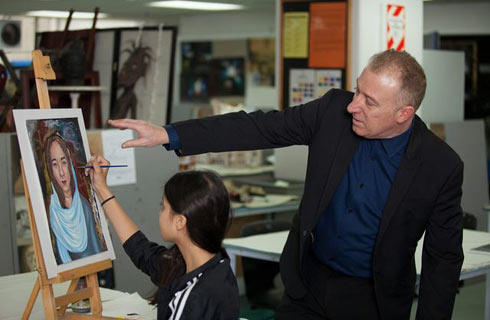
金融学学士
学历文凭
Bachelor Degree
开学日期
课程费用总额

其他相关课程

个人支持工作者证书
 亚岗昆学院
亚岗昆学院学历文凭
Bachelor Degree
开学日期
课程费用总额

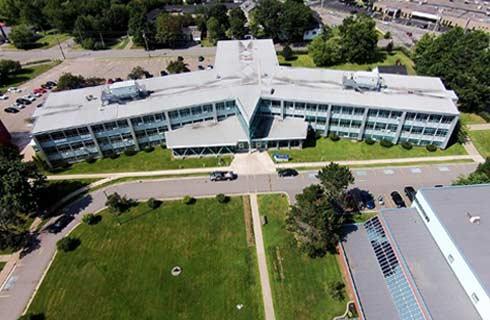
安大略大学个人支持工作者证书(压缩)
 联邦学院
联邦学院学历文凭
Bachelor Degree
开学日期
课程费用总额

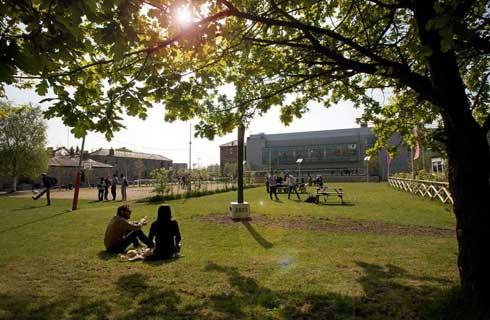
病人支持领导力研究生证书[个人支持工作者/医疗保健专业人员领导力](1234P)
 联邦学院
联邦学院学历文凭
Graduate Certificate
开学日期
课程费用总额

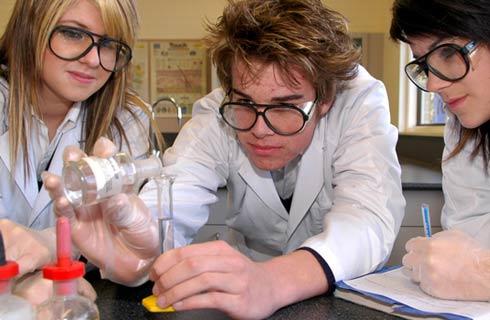
Certificate of Proficiency in Home Health Aide
米拉科斯塔学院
学历文凭
Advanced Certificate
开学日期
课程费用总额

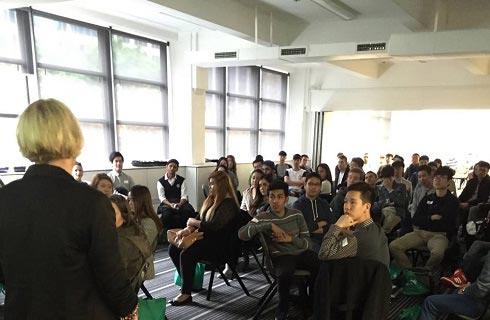
Certificate of Completion in Geriatric Home Aide (Non-Credit)
 山麓学院
山麓学院学历文凭
Advanced Certificate
开学日期
课程费用总额


个人支持工作者证书(彭布罗克校园)
 亚岗昆学院
亚岗昆学院学历文凭
Bachelor Degree
开学日期
课程费用总额











